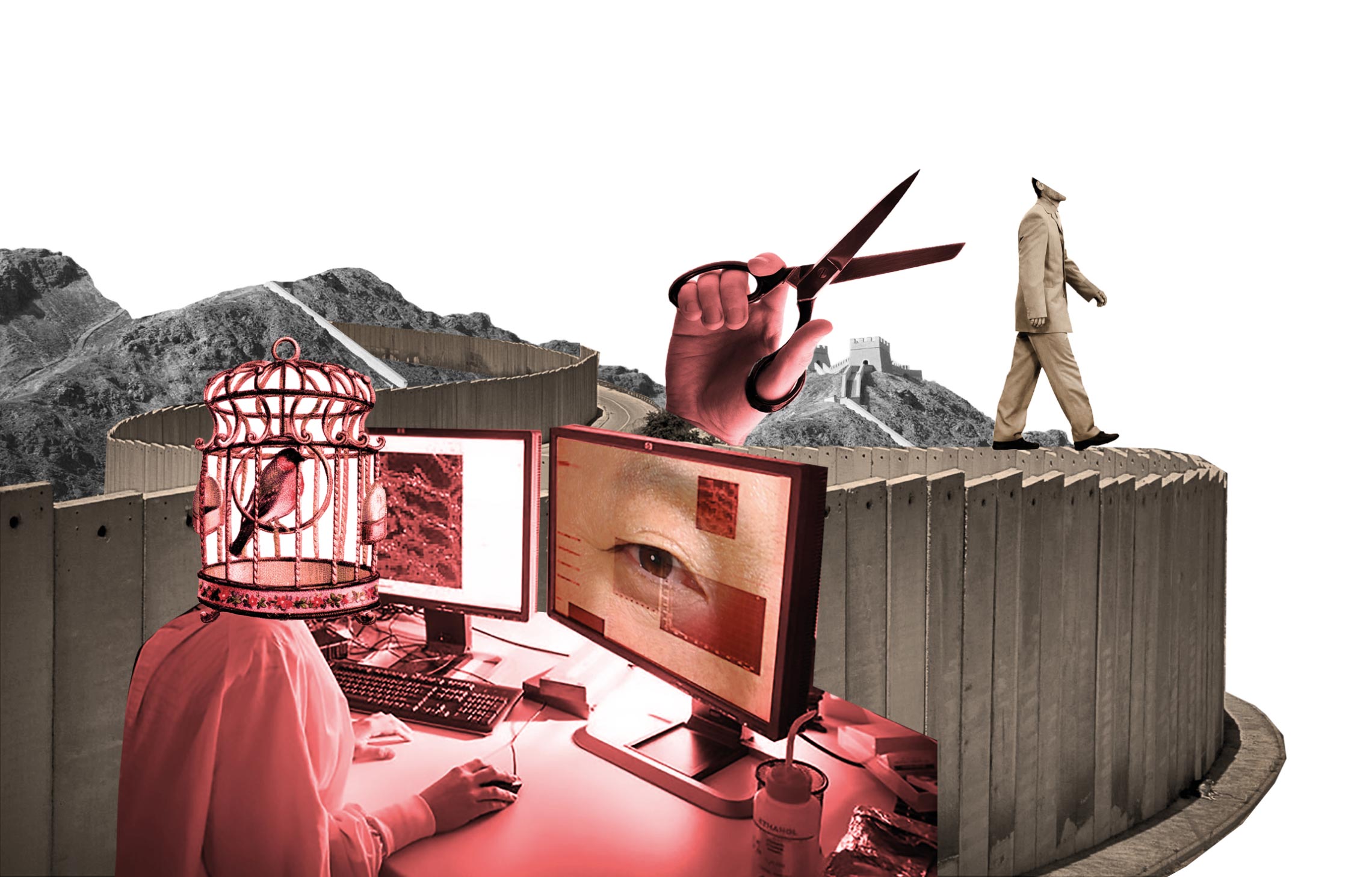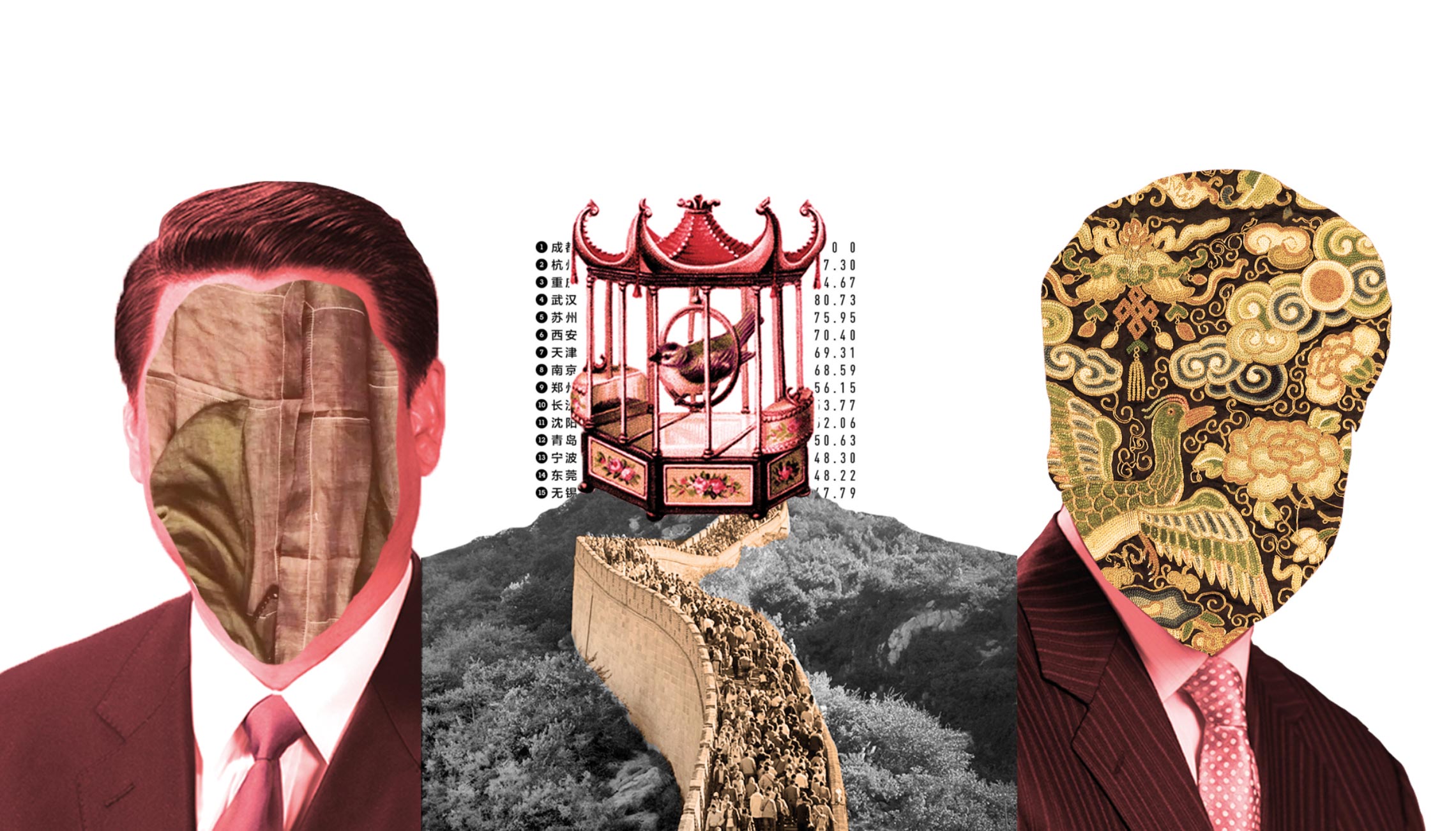The Chinese government announced in November that sanctions against researchers who commit scientific misconduct are to be extended to other areas of their lives. Under the new rules, researchers can be prevented from receiving bank loans or applying for public-service jobs. According to a memorandum issued by China’s National Development and Reform Commission, scientists found guilty of ethical misconduct will face “joint disciplinary action.” Punishments can now be applied simultaneously by various government agencies and private institutions, not just the university and the Ministry of Science and Technology, as had been the case until recently. In concrete terms, this means that sanctions applied to researchers who commit fraud, manipulate data and images, or plagiarize scientific articles will no longer be limited to the academic environment through restrictions on funding and career progression, but could also affect their day-to-day lives.
The new policy is linked to the “social credit system,” a controversial surveillance model that China began implementing in some regions of the country in 2014, through which violations of state laws or rules are punished by far-reaching social restrictions. The aim by the year 2020 is for all Chinese citizens to be ranked according to the degree of “confidence” they inspire. High scores—which result in benefits such as airfare discounts and deposit-free hotel reservations—are assigned to those who repay loans on time and have a history of good behavior and respect for the law.
Missed repayments or fines imposed by the government, meanwhile, lower an individual’s credit score and can create a situation where they are effectively a second-class citizen, subject to restrictions on loans, insurance, and even mobility. According to a report in the journal Nature, 11 million Chinese citizens with low social credit scores were barred from buying air tickets between April and December 2018, and 4.2 million were refused high-speed train tickets. It is estimated that more than 2 million people have paid off debts or fines in an attempt to get off the blacklist. In Jinan, capital of the Shandong province, the system even affects dog owners, who lose points if their pet is allowed to roam without a leash or disturbs the peace—in the most severe cases, people can be banned from owning pets.
The model was described by President Xi Jinping at a Communist Party conference in 2016: “Those who lose points in one area will face restrictions in all areas.” When fully operational, the system will operate by cross-referencing registers maintained by both government and private agencies. “There is not one blacklist, there are hundreds. Every major policy area has its own blacklist,” Rogier Creemers, an international relations specialist from the University of Leiden in the Netherlands who has studied the Chinese system, told the British newspaper University World News. A private university even rejected a high-performing applicant because his father was on a bank’s blacklist—the father promptly repaid the debt so that his son would be accepted onto the course.
The scale of punishment for each type of ethical violation has yet to be announced and there are doubts about the government’s ability to manage the sanctions against researchers. “There is always the risk of lacking the necessary resources and qualified managers for enforcing the very draconian and large number of rules,” electrical engineer Max Lu, president of the University of Surrey, UK, who has previously advised the Chinese government on science policy, told Nature.
The government memorandum states that researchers found guilty of misconduct will not be able to create startups or work in collaboration with companies. The sanctions will not only affect the individual—the institution to which they belong could also face restrictions on research equipment imports, foreign funding, and internet services, which require authorization by government agencies.
China accounts for 18% of the global scientific output indexed by Scopus. Last year, for the first time, it surpassed the USA in the number of articles published, but there are still questions over the large number of cases of misconduct among its scientists. One recent example was the retraction of 11 articles by researchers from the new materials department of Tshingua University as a result of image manipulation and duplication, as well false attribution of authorship. Ye Xiaoxin, the main author of the articles, was stripped of his PhD title, which he obtained at the institution in 2010. The most talked-about case at the moment is that of He Jiankui, a former researcher at the Southern University of Science and Technology in Shenzhen, who claims to have used the CRISPR-Cas9 gene-editing tool to create HIV-resistant babies, breaking ethical standards on human experiments. Jiankui was dismissed from the university and is being investigated.
The new policy is one of a number of new rules recently implemented to curb scientific misconduct. In May 2018, the Communist Party and the State Council of China launched a series of measures, such as publishing a list of low-quality scientific journals and centralizing misconduct investigations at the Ministry of Science and Technology, as well as creating a register of researchers who have committed misconduct. It is now clear that this database will have far greater consequences on the lives of scientists than previously thought.
Republish
